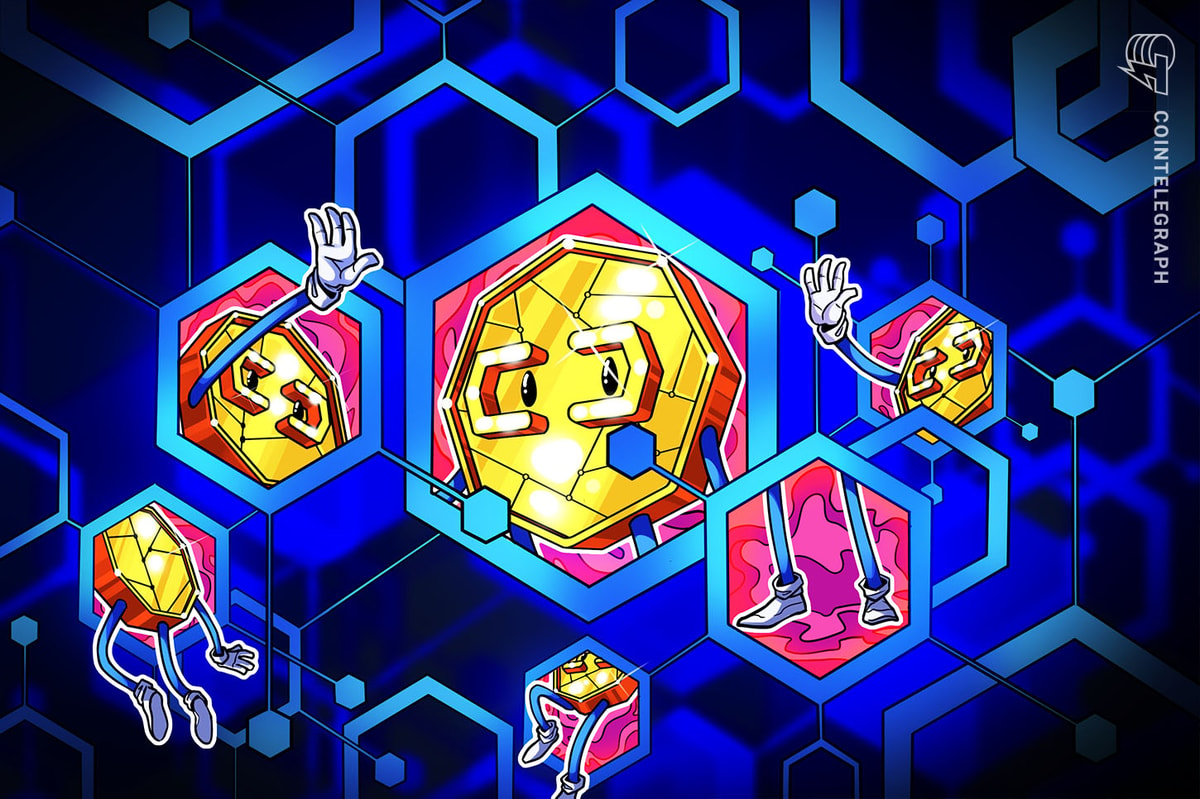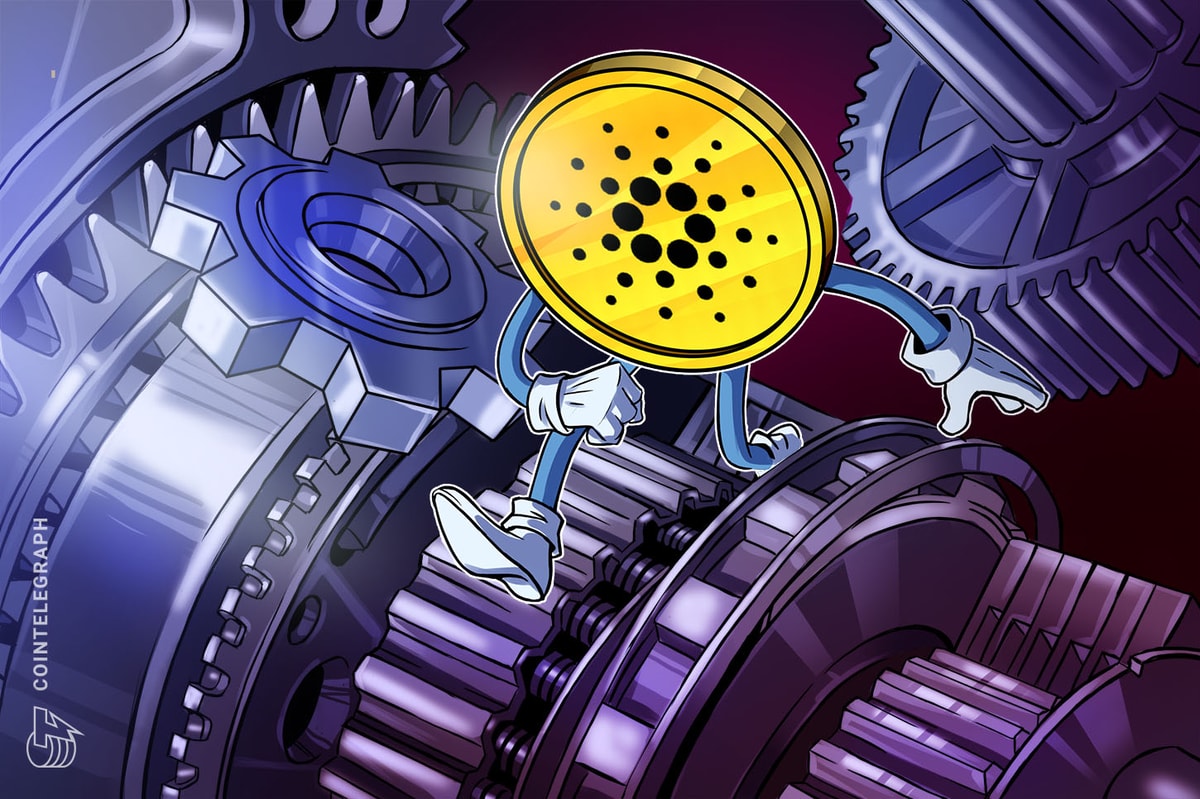Researchers in Singapore design new ‘more efficient’ DAO scheme
2 min read
A team of researchers at the Singapore University of Social Sciences recently conducted an appraisal of existing decentralized autonomous organization (DAO) voting schemes to determine which was most efficient.
The researchers ultimately concluded that existing popular voting schemes each had their drawbacks and advantages and that a new paradigm combining what they considered to be the best features of each would be “more efficient” than the status quo.
Dubbed “Voting Schemes in DAO Governance,” the team’s paper analyzes eight current techniques for DAO governance and assesses their perceived strengths and weaknesses.
The techniques reviewed include: token-based quorum voting, quadratic voting, weighted and reputation-based voting, knowledge-extractable voting, multisig voting, holographic consensus, conviction voting and rage-quitting voting.
Related: How do you DAO? Can DAOs scale and other burning questions
Each voting scheme was rated according to five vectors comprising efficiency (proposal selection and approval speed), fairness (with respect to voter equality), scalability (ability to adjust storage/computation/communications according to the number of voters), robustness (resilience against attacks and collusion) and incentive schemes (whether the design motivates voter behavior).
The “holographic consensus” scheme received the highest aggregate ratings with “high” marks in all but the “robustness” category.
Once the analysis was complete, the researchers set out to create “a hypothetical voting mechanism for a purely decentralized and permissionless DAO governance.” To accomplish this, they designed the scheme to accelerate conviction voting with a “holographic mechanism.” Per the study:
“We know that the downside of the conviction voting mechanism is that it takes time to approve an urgent proposal. To address this concern, we introduce a blind betting mechanism: each member could choose whether to bet on any proposals with a certain number of their tokens.”
This method would allow stakeholders to bet tokens against a proposal’s passing or veto, and depending on the outcome, the proposal would either be accelerated or slowed — thus potentially increasing the overall speed and robustness of DAO governance.
The team’s proposed scheme would also implement an incentive paradigm where those betting “veto” would sacrifice their tokens in the event consensus went to those voting “pass,” and vice versa.
According to the researchers, this ensures that stakeholders will be incentivized to submit “a good proposal that is more likely to pass and get rewarded,” thus accelerating the processing of proposals considered both urgent and good.
The researchers conclude by claiming their proposed scheme trumps status quo efforts, but they do concede that it’s not without its own inherent problems:
“Our hypothetical scheme has a better design incorporating key features from other schemes. However, it is not flawless and might face challenges in implementation. Nevertheless, we aim to inspire innovative design thinking.”







